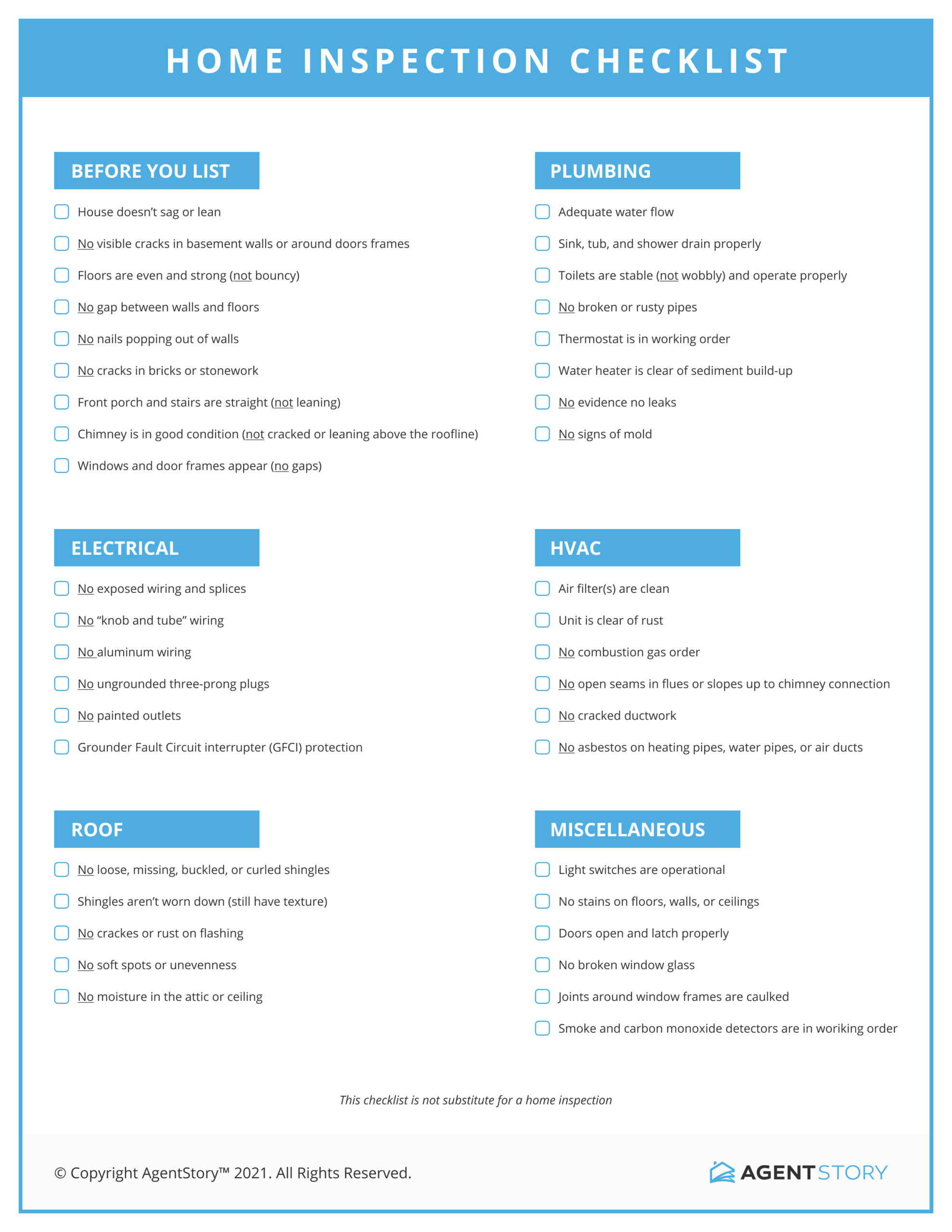One part of the home selling process that doesn’t usually come to mind is reassuring homebuyers your house is a sanctuary. While no one owns a perfect home, you can alleviate a buyer’s concerns by being transparent about its history. This will reduce the stress of making a significant purchase. You’ll need to reflect on what buyers need to know and how to communicate it well so that buyers can make you excellent offers.
Think back to when you were in the market for a new home: Was there a major repair the seller made right before the sale? Did you appreciate the floodlights in the front yard? Asking questions like these can help you address the unspoken needs of the buyer.
In this article, you’ll learn how to give buyers complete peace of mind during the sale through enhanced security, privacy, and material features of your house.
1. Security
Your home’s security is bound to come up in conversations between your buyers and their agents. There are some simple safety checks and considerations you can make for your future homebuyer. You can secure your exterior doors, windows, and garage with strong reinforcements and locks. Also, ensure that your smoke and carbon monoxide detectors are in working order and install fresh batteries.
Remember that if you already have a wireless or another security system then you should turn off all cameras and sound recordings before your showings. Before a showing, make sure to disclose to buyers that you are not recording them.
2. Privacy
If you have neighbors close to your lot, you may want to create stylish curb appeal that shields open areas on your property from public view. There are many ways to add privacy to your lawn, such as hedges, trellises, and outdoor canopies with soft curtains. If you already have a built-in privacy structure, ensure that it’s sturdy and re-finished especially if it’s been exposed to harsh weather.
3. Home Inspection
Usually, a buyer will pay for a home inspection, but many homeowners will pay for one out of pocket before they receive an offer to see if there are any urgent maintenance concerns. You can expect to pay around $400, but the costs can fluctuate based on contractors’ pricing in your area and the size of your home. Considering getting your own home inspection? Check out this handy guide for everything you need to know.
Is your home move-in-ready for buyers? View our checklist below:

4. Repairs
If you’re prepping for a sale, you may already know what repairs to make before a home inspection. Whatever the outcome of the inspection, you might be able to avoid spending a ton of money on repairs.
For example, here are a few easy repairs that won’t break the bank:
- Patching holes and cracks in walls
- Switching out old lights with LED bulbs and new fixtures that match the interior
- Patching the roof
- Removing stains from carpeting
5. Disclosures
You should prepare to disclose specific information about your home to buyers. The laws vary from one state to another, so chat with your real estate agent to ensure that you fill out the correct forms for each authority.
Some common disclosures include:
- Structural issues like the foundation, roofing, or walls
- Prior or current pest infestations
- Water damage or mold problems
- Repairs you have made to the home
- Homeowners Association (HOA) information
- Environmental hazards like asbestos, radon gas, and lead-based paint in the home
The Bottom Line
There is a lot to think about when it comes to selling your house. Granted, focusing on the material aspects of your home isn’t nearly as exciting as marketing it. Try to think of it as improving the base layer or the working parts in order to add to the home’s attractiveness and resale value. Buyers are receptive to homeowners who are honest about prior repairs and what might still need maintenance.
While buyers might not care if they need to make repairs on their own, it’s easier to fix things or outsource the work before the offer goes on the table. Buyers would rather focus on cosmetic defects, which they can fix themselves than worry about the structural integrity or future home value. Giving considerations to security, privacy, home inspections, repairs, and legal disclosures can go a long way towards receiving a generous offer on your home.










